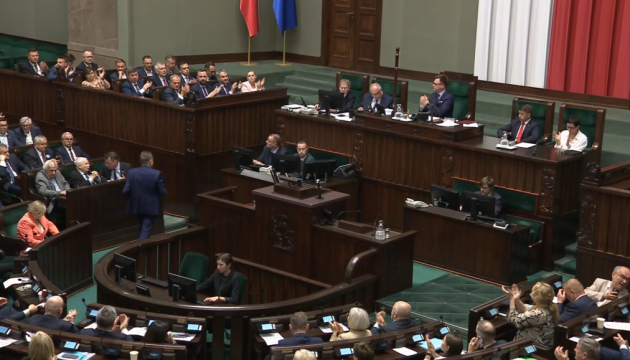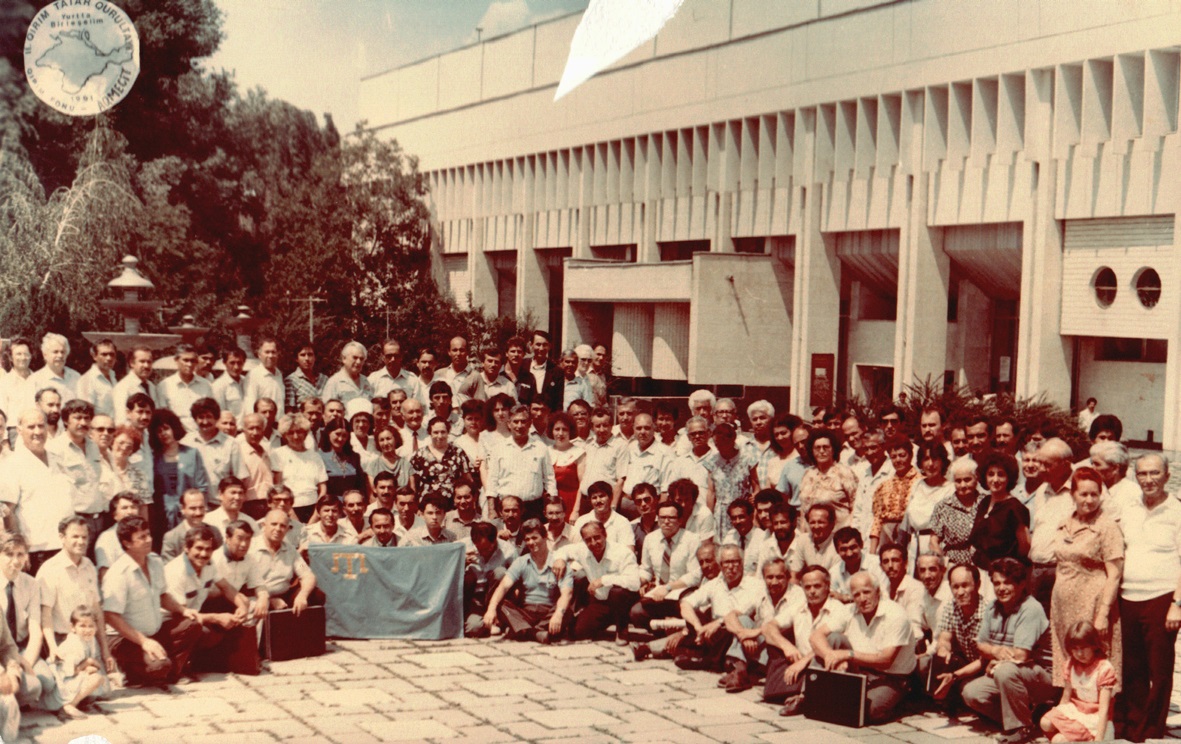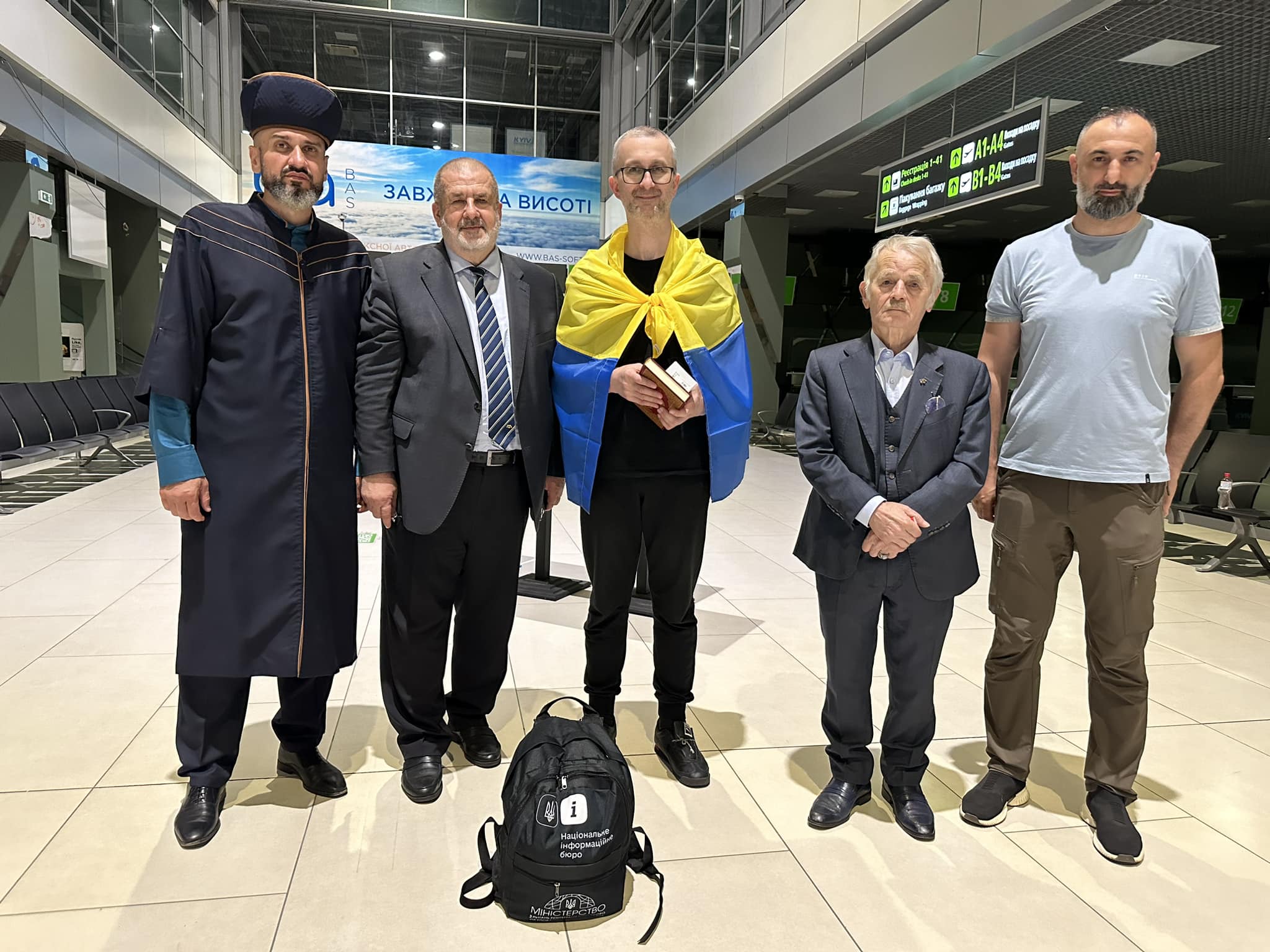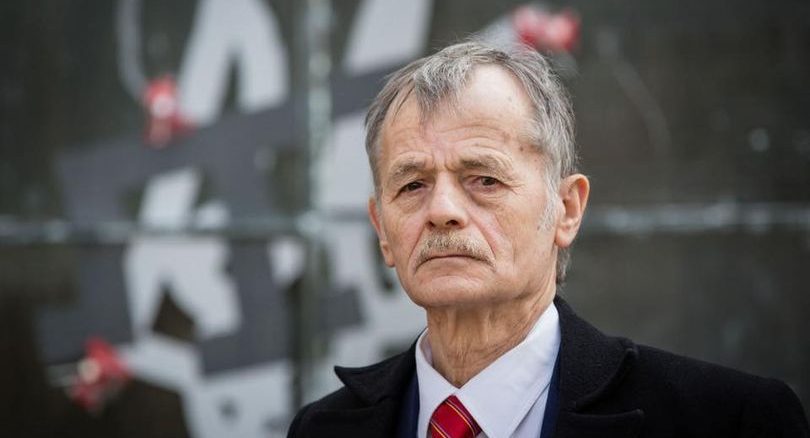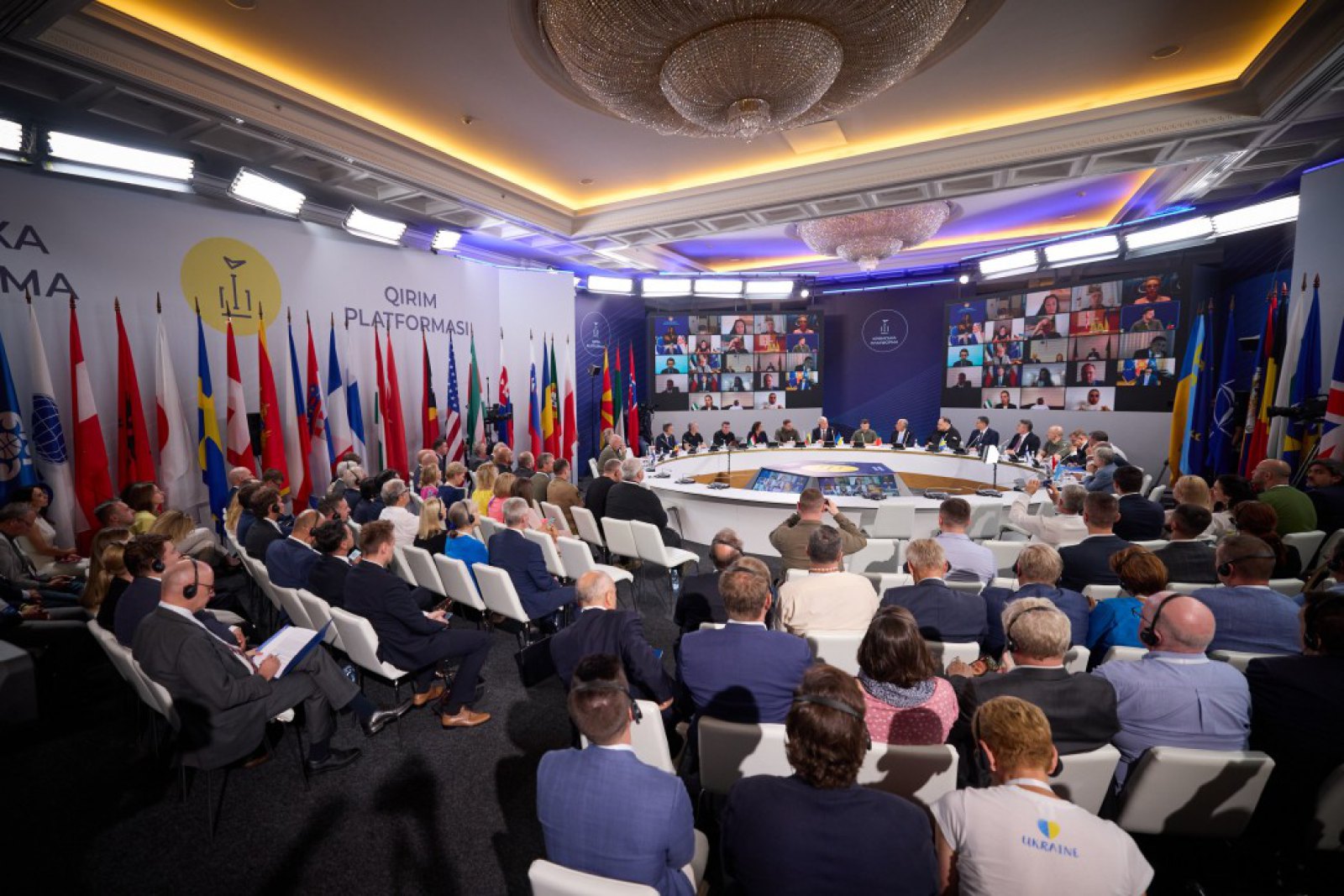May 10, 2011 Mustafa Jemilev’s interview to newspaper
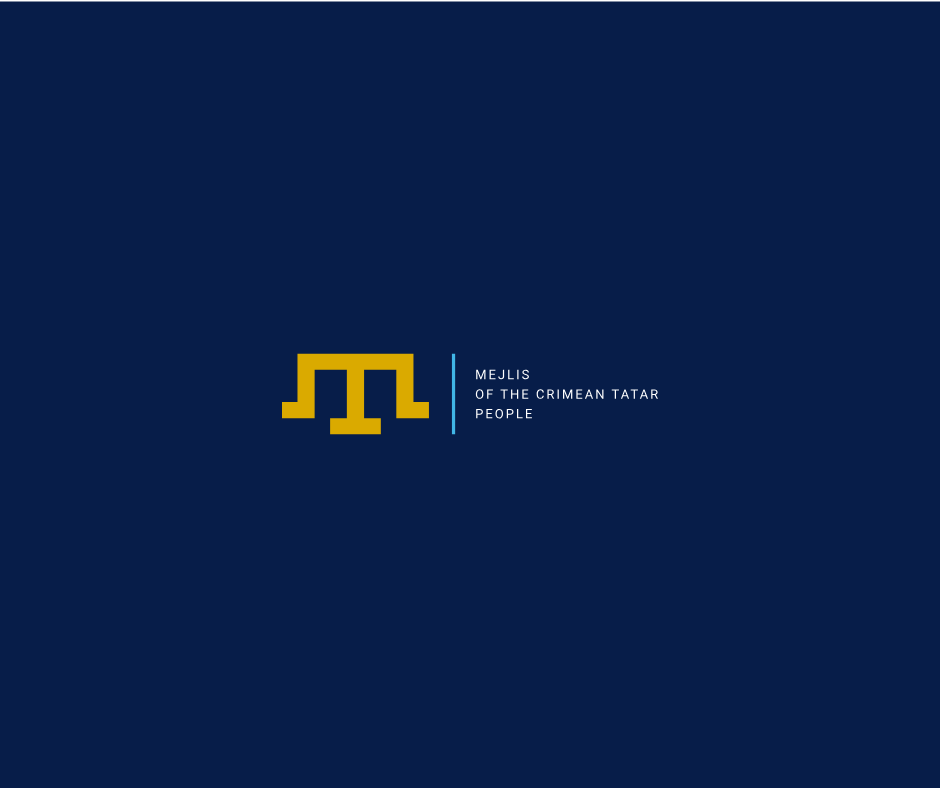
On the eve of May 18 – the Day of national mourning of the Crimean Tatar people – the 67th anniversary of deportation of the Crimean Tatar people, the Chairman of Milli Majlis Mustafa Aga Abduljemil Qirimoglu answered the questions of newspaper “Arraid”.
– Mustafa Aga, can we say that deportation, committed by the communist regime of the USSR at the end of the World War Two had such excusive nature and scale, such specificity that it can be regarded as having no analog in the world’s practice and history?
– The history of mankind surely had quite many ethnic and religious cleansings and deportations. Crimean Tatars were not the first who were subjected to mass deportation in the Soviet time. For example, all Koreans, living in the territory of the Far East were deported to the Central Asia back in 1937, because Kremlin rulers were preparing for war with Japan and considered that Koreans would collaborate with Japanese. The fate of about 170 thousand deported Koreans was also quite tragic. An old Korean, who lived through the deportation, told about one of the trainload of Koreans, bound from the Far East to the Central Asia that was thrown down Lake Baikal.
Crimean Tatars also were not the first who were deported from Crimea on ethnic grounds. Before Nazi troops occupied Crimea the ethnic Germans (around 60 thousand people) had been deported – again it was made on the assumption that they would collaborate with Nazis.
A special unprecedented and dirty thing about the deportation of both Crimean Tatars and other deportations of the peoples of Crimea and Northern Caucasus in 1943-44 was that the Soviet government dealt shortly with civil population when the majority of their men, kept on fighting on fronts for this Soviet government, called up to the Soviet army. The history really doesn’t know such perfidy and treachery of state against its citizens.
– There are several explanations of the reasons of the deportation – official, real, hidden: these are cooperation with occupation authorities, preparation by the USSR for war against Turkey and initial incompatibility of Crimean Tatars’ mentality with other Crimean ethnic groups, etc. Which of these or other reasons you think are the real motives of the deportation of the Crimean Tatar people?
– It seems like it could be explained in some ways by the plans of the Soviet Union concerning Turkey and desire to “explain” the reasons of the catastrophic defeats of the Soviet army and occupation of huge territory of the USSR in the first years of the war. You know, there were boastful statements of the Soviet leaders that Red army was so strong that in case of war no enemy soldier would step into the territory of the USSR and the war will be only in the enemy’s territory.
There are enough evidences that after the war, also in order to explain the initial defeats there were plans to exile all Ukrainians for “betrayal” who fighting with Nazis bare the most losses corresponding to their number. But they faced the technical problems. However, I can’t name among these reasons “the incompatibility of Crimean Tatars’ mentality with other Crimean ethnic groups”.
It is true that Crimean Tatars, compared to other Crimean ethnic groups resisted establishing of the Soviet regime, collectivization and general Russianization more rigorously, and respectively, even before the mass deportation they were subjected in a bigger extent to “cleansing” and repressions. Here maybe one could tell about the mentality of Crimean Tatars, about their attitude to totalitarian forms of government, to private property.
However, as many historians have noted, they had no conflicts with other people living in Crimea on the ethnic grounds. On the contrary, almost all travelers over Crimea starting from the very first days of Russian conquest of Crimea noted the amicability and easy disposition of Crimean Tatars with people of other nationalities and combination of deep religiosity with their religious tolerance.
Let me quote you few lines from a book published in 1805 titled “Traveling to southern Russia” of just one Russian writer, poet and historian V. Izmailov who travelled around Crimea in 1801-1802. (from my memory):
«… Простые хижины татар,
Где дышит дружбы чистый жар,
Невинность сердца, совесть правды,
Где люди людям сердцем рады…
Прощайте, я покидаю вас!»
“… Simple Tatars’ huts,
With pure friendship breathing heat,
Heart’s innocence and truth of conscience,
Where people glad to see the guests…
Farewell, I’m leaving you!”
Fifty years have passed since I read this book of V.Izmailov in A.Navoi library in Tashkent, but these penetrating lines are still in my memory.
The main motive of the deportation was to my opinion a strict commitment to Russian policy since Catherine II aimed at “clearing” of this strategically important peninsular from “infidels” and “its colonization by pure Russians”.
– It’s a common knowledge that about half of our nationals died on their way to exile and in the first years of deportation. It was irreplaceable and terrible loss. What other terrible consequences of the deportation of the Crimean Tatar people could you name?
– Human losses in the result of the deportation certainly were terrible and it is quite reasonable to say about recognizing this crime as the genocide. In some regions of Uzbekistan (Kashkadarya, Dzhyzak) the whole settlements died of exhaustion and diseases and no one even could burry the bodies. The bodies were buried in a hurry and packs of jackals dug out the bodies at night.
There are also a lot of stories that people at that time were afraid to come to the hospital, because people who came there even with comparatively slight illness didn’t came out alive. It’s hard to tell now weather it was a secret order from the top or just the patriotic doctors regarded it as their duty to kill as much “national enemies” as possible. Anyway, we haven’t found the answer in the declassified Soviet documents yet.
You see, the crime wasn’t limited exclusively to physical extermination. Considerable efforts were made to fully exterminate the people’s cultural heritage – the books in Crimean Tatar language were burnt, mosques and Muslim cemeteries were ruined, Crimean towns and villages were renamed. Those deportees who survived in exile didn’t enjoy many constitutional rights. They lived under open curfew supervision and in accordance with special instructions closed for general public.
For many years they had no right to enter the higher educational institutions, later after Stalin’s death and even after so called “denunciation of his cult” by N. Khrushchev on the 20th Convention of CPSU in 1956 they had no right to enter many departments. Naturally, they had no possibility to study in their native language. That is why it will take many years and efforts to make up for all the losses.
– The fact that many Crimean Tatars appeared in the Central Asia in close for Crimean Tatars ethnic-linguistic and religious environment instead Ural and Siberia, do you think this fact played the significant alleviating role, telling about the physical, material and spiritual losses of the people? Or it was made intently in order to create the most favorable environment for their assimilation.
– I don’t think that the Soviet government cared much about creation of any alleviating conditions choosing the place of peoples’ exile. Quite the contrary. Before the arrival of the trains with “special settlers” the explanatory work was carried out among the local population. They were told that the traitors of our homeland will arrive, the ones who should be blamed in the death of your fathers and brothers at war.
We know many cases when the coming out from the trains exhausted and hardly walking people were pelted with stones, the same also did the representatives of this very “close ethnic-linguistic environment”. They were first of all “Soviet people”, and if anything preserved in them from national and religious, only then they were Uzbeks, Russians, Muslims or Christians. You see, the human attitude to “traitor of one’s country” even if this “traitor” was only 3-4 years old, wasn’t patriotic and could be regarded as some apostasy from the Soviet canons.
There were many cases when on Friday prayers in mosques Imams who in overwhelming majority were at the same time KGB informers spoke against Crimean Tatars also calling them “traitors”. That is why Crimean Tatars, especially in the first years after the deportation, as a rule, didn’t go to mosques and prayed at home.
It is also known that a death rate of Crimean Tatars in the Central Asia in the first years after the deportation wasn’t lower than in Siberia or Ural. Assimilation of the deportees in that ethnic environment also wasn’t among the goals of the Soviet government. They were concerned mainly with Russianization of all peoples, including Uzbeks, Tadzhiks, Kazakhs, etc.
– You were half year old when you during three weeks listened to the clickety-clacking of a train instead “ayneni”. What your parents or elder sisters, brothers told you about the peculiar situations related with you, starting from this fatal morning of May 18 and until the time when you conscious gained the ability to remember what was happening around you.
– The memories about Crimea, episodes from life in Crimea, circumstances of the deportation, events on our way to exile in cattle cars, death of our relatives and close people were among the main topics of Crimean Tatars during many years, especially when people visited each other in the evening. The world-view of Crimean Tatars, their attitude to the authorities were formed mainly at home, among their relatives and the official Soviet propaganda didn’t influence much on majority of them.
I remember well the day of Stalin’s death. When the head of the curriculum department of our school with a wail voice informed us standing in a line about the death of “the leader of all times and peoples” everyone wept stormily – teachers and children. All did except Crimean Tatars. Our nationals knew for sure what a shit passed away. I remember, how one of our pragmatic comrades told us that we should also cry a little. In case we can’t do that we should rub our eyes with onion. Otherwise, we or our parents could be thrown to prison.
– The history of the national movement knows the cases of addressing to the leaders of Muslim countries, as well as to the International Islamic organizations. It’s a common knowledge that these appeals had no any significant result. Could it be explained only by a certain influence and the role the Soviet Union played in the world order at that time?
– There were several such addresses. The most famous of them was the address to the Organization Islamic Conference that was signed by 25 Crimean Tatars and sent in June 1983, that later on became a “material evidence” on my 6th court trial on accusation in “writing and spreading of documents that discredit the Soviet state and public order and its political system”. The same trial had as an accusatory document my address “to all Muslims of the World” with appeal to speak for support of academician A. Sakharov who was subjected to exile and humiliation for his statements on protection of the human rights, including his statements against occupation of Afghanistan by the Soviet troops, as well as protection of the rights of Muslims – Crimean Tatars.
There was also Reshat Jemilev’s address to the king of Saudi Arabia in 1978 in connection with self-immolation of Musa-Mamut. There were also appeals of the religious writer – dissident Anatoly Levitin-Krasnov to Islamic world to raise voice in protection of Crimean Tatars, academician Andrei Sakharov, General Petro Grigorenko. However, there were no reactions from our brothers in faith.
Only in Turkey this question was covered from time to time by some Mass Media, especially in Crimean Tatar Diaspora Press, and the supporters of the Party of National Activity (Milliyetсi Hareket Partisi), referred to as “Nazis” by the left Turkish parties, who even arranged quite mass protests near the Soviet Embassies not only in Turkey, but even in those European countries than had numerous Turkish diaspora.
The main reason for silence of the overwhelming majority of Muslim countries is that they have totalitarian form of government, lack of freedom of Mass Media and other democratic freedoms. When there are no freedoms the government bares responsibility for all publications and public speeches of its citizens. No one wanted to spoil their relations with the superpower that was able to play dirty tricks on any relatively small country. Turkey was another case. Turkey could answer to any claims of the Soviet Union: “It doesn’t matter that you don’t like it. We may also don’t like it, but we have freedom of speech and protests and we have no right to shut people’s mouths”.
– The Crimean Tatar national movement for return to Crimea and the restoration of the people’s rights is fairly referred to as unique. What factors have formed and supported this uniqueness?
– The uniqueness of the Crimean Tatar national movement was first of all in its extraordinary as for the Soviet period large-scale involvement. In fact, almost the whole people was involved in the movement. Some collected signatures under our appeals; others gathered money for transportation to Moscow of hundreds of the people’s delegates. Thousands and thousands of people took part in our mass protests and other political actions knowing full well that they at least could be beaten or sent to the camps.
Moscow dissidents were surprised with admiring envy how we manage to collect up to hundred thousand signatures for relatively short time, because the maximum number of signatures they could collect for one of their appeals was around two hundred. However, frankly speaking, their appeals compared to ours were tougher and more direct, without any curtsey to “wise Soviet government” and consequently were more convenient for calling of its authors and whose who signed it to criminal responsibility “for denigration on the Soviet order” or “anti-Soviet propaganda”.
The initiative groups of the National movement were obligatory created in every settlement inhabited by at least few Crimean Tatar families. They coordinated their actions with district, regional and republican initiative groups. There was a very high level of democracy in any decision-making. The activists of the National movement who were sentenced to prisons and camps were not left to the mercy of fate. They and their families were provided feasible help.
One more factor that drew attention and sympathy of the democratic circles both in the USSR and in the West was that Crimean Tatars in their addresses, appeals and actions of protests were not limited exclusively to their own national problems. Crimean Tatar human rights advocates were accused in the court trials in protests against occupation of Czechoslovakia in 1968, incursion into Afghanistan in 1979, against psychiatry abuse in political goals, as well as for claims in support of human rights advocates of other nationalities and religions. We know the acts of protests of Crimean Tatars already in perestroika period against forced Bulgarification and illegalities against the national minorities committed by T.Zhivkov’s regime in front of Bulgarian Embassy, against Tiananmen Square massacre in Beijing, in front of Chinese Embassy in Moscow, etc.
Creation of our own structure of the national self-government was also unique for post-Soviet space. Somewhere in middle 90-s in America I delivered a lecture at the George Washington University for students and lecturers about the National movement of Crimean Tatars. However, there was an expert on national movements before me who also drew attention to the uniqueness of our movement that is creation of the structures of national self-government. He told roughly the following:
“During the Perestroika and in the first years after the collapse of the USSR there were many national movements and “fronts”, but almost all of them weakened significantly, collapsed or splintered into confronting camps. Only the Crimean Tatars National movement not only splintered, but even got more consolidated and stronger. It happened only due to one reason – they timely initiated the democratic elections, held their national convention and elected their own representative body in compliance with the generally accepted democratic norms”.
Interviewed by Suleyman MAMUT.
“Arraid” newspaper
